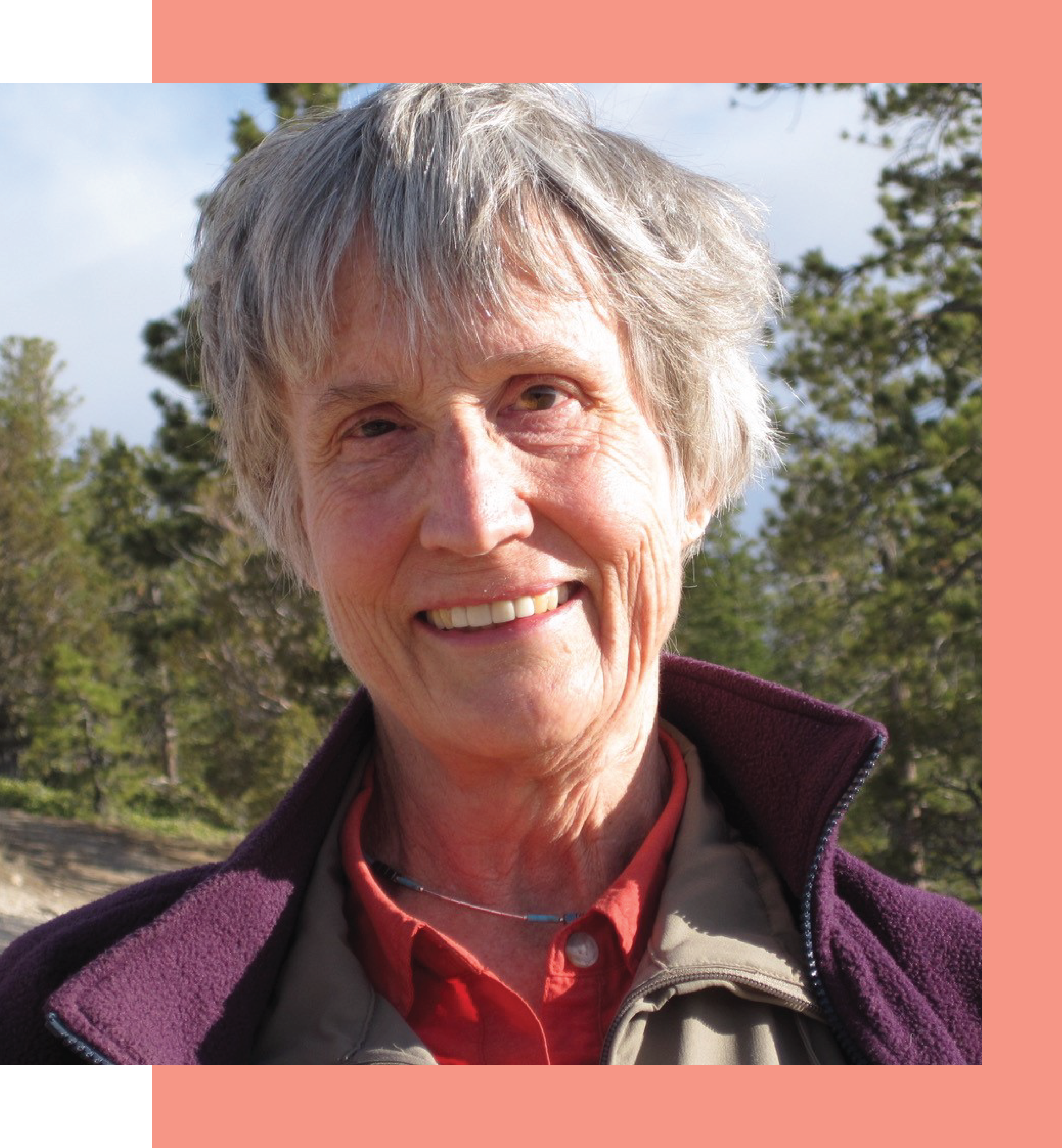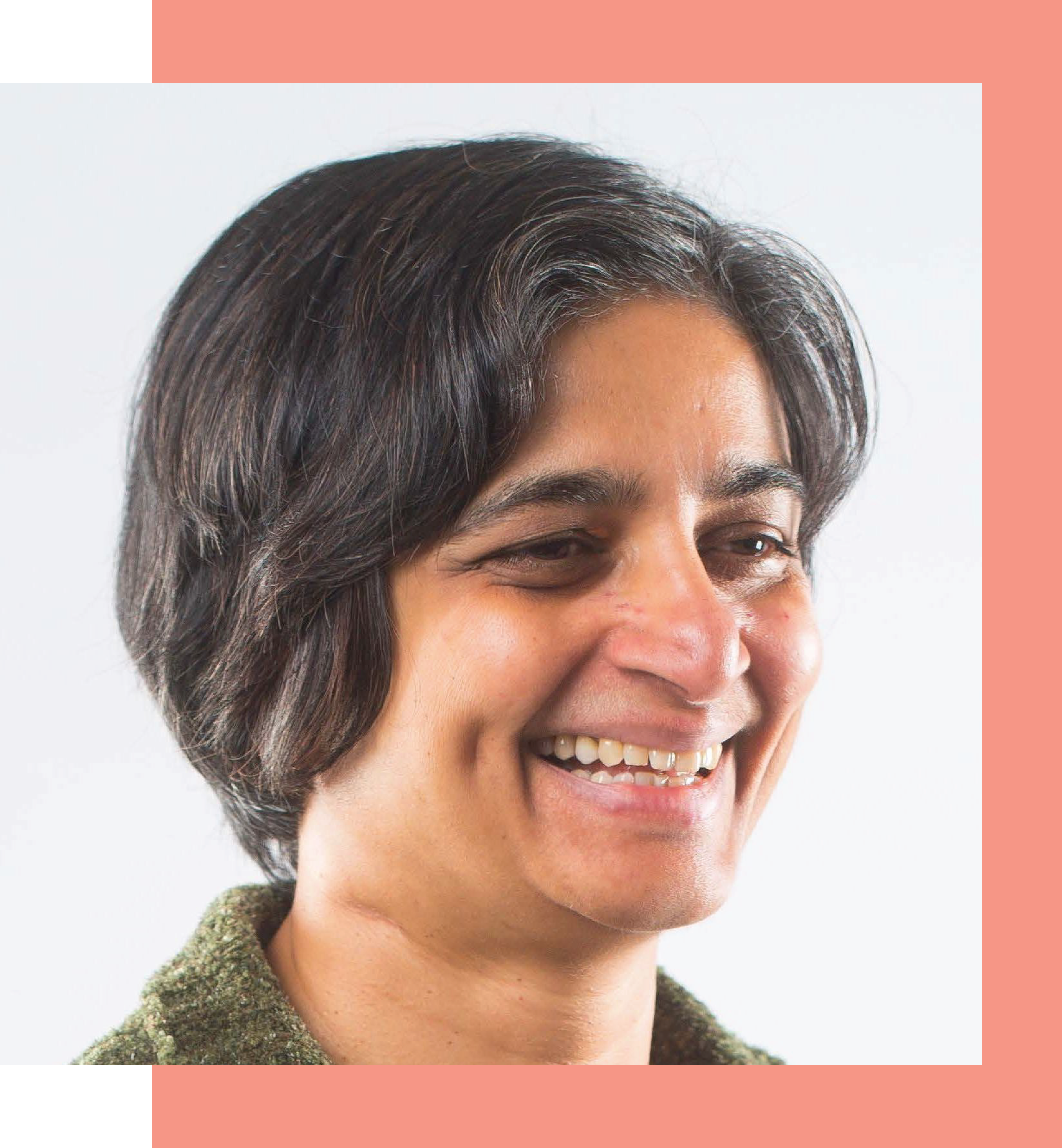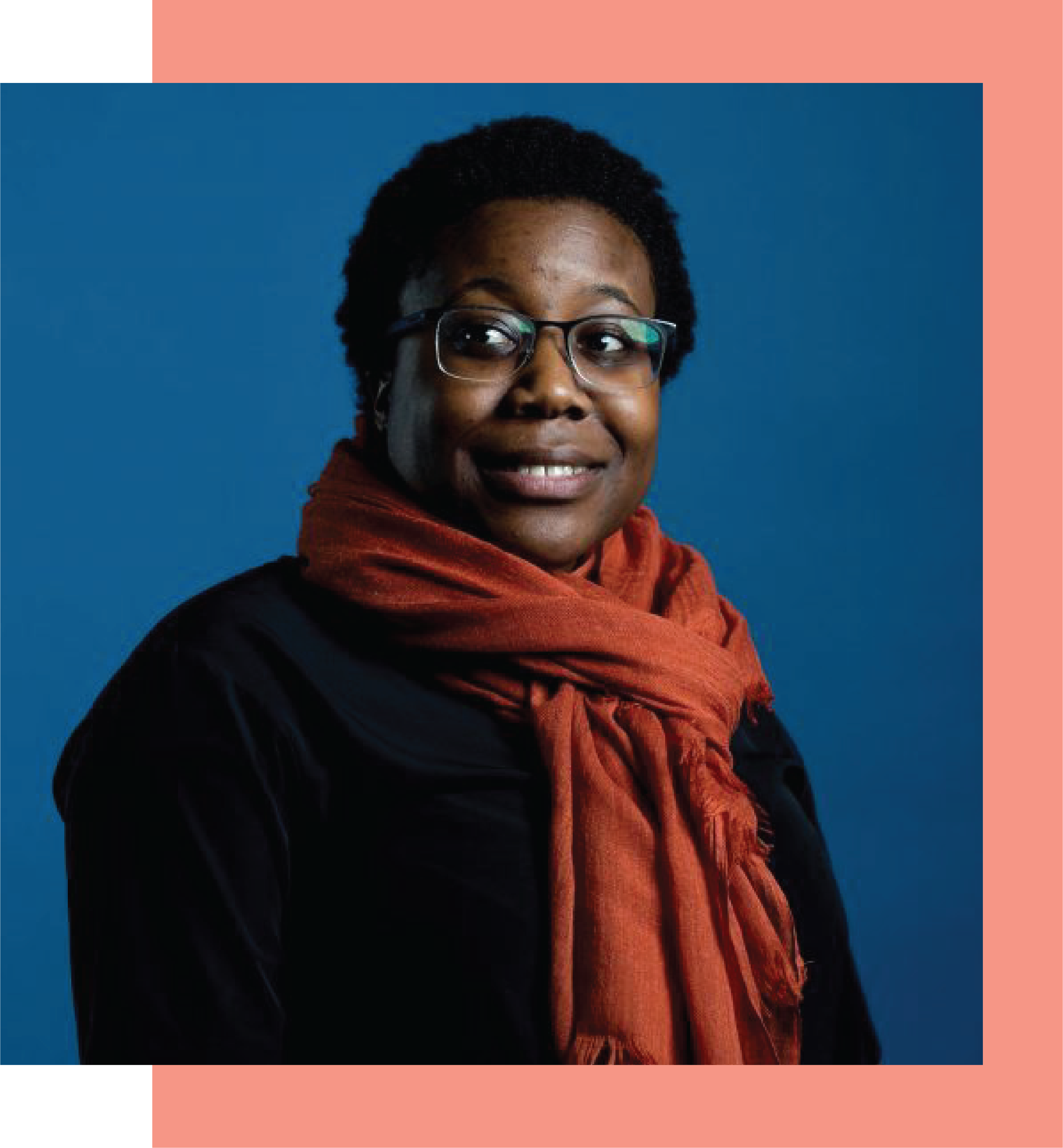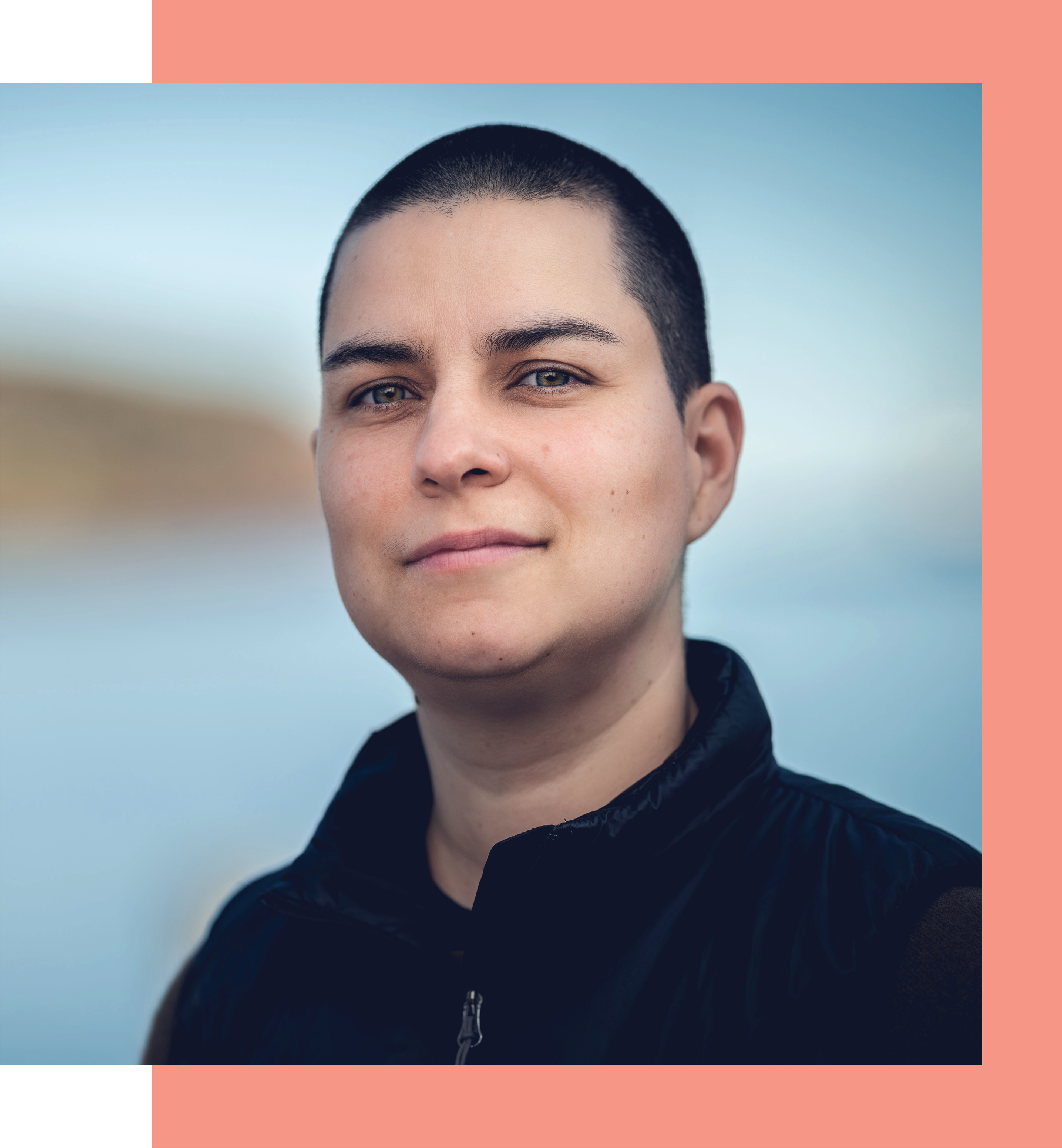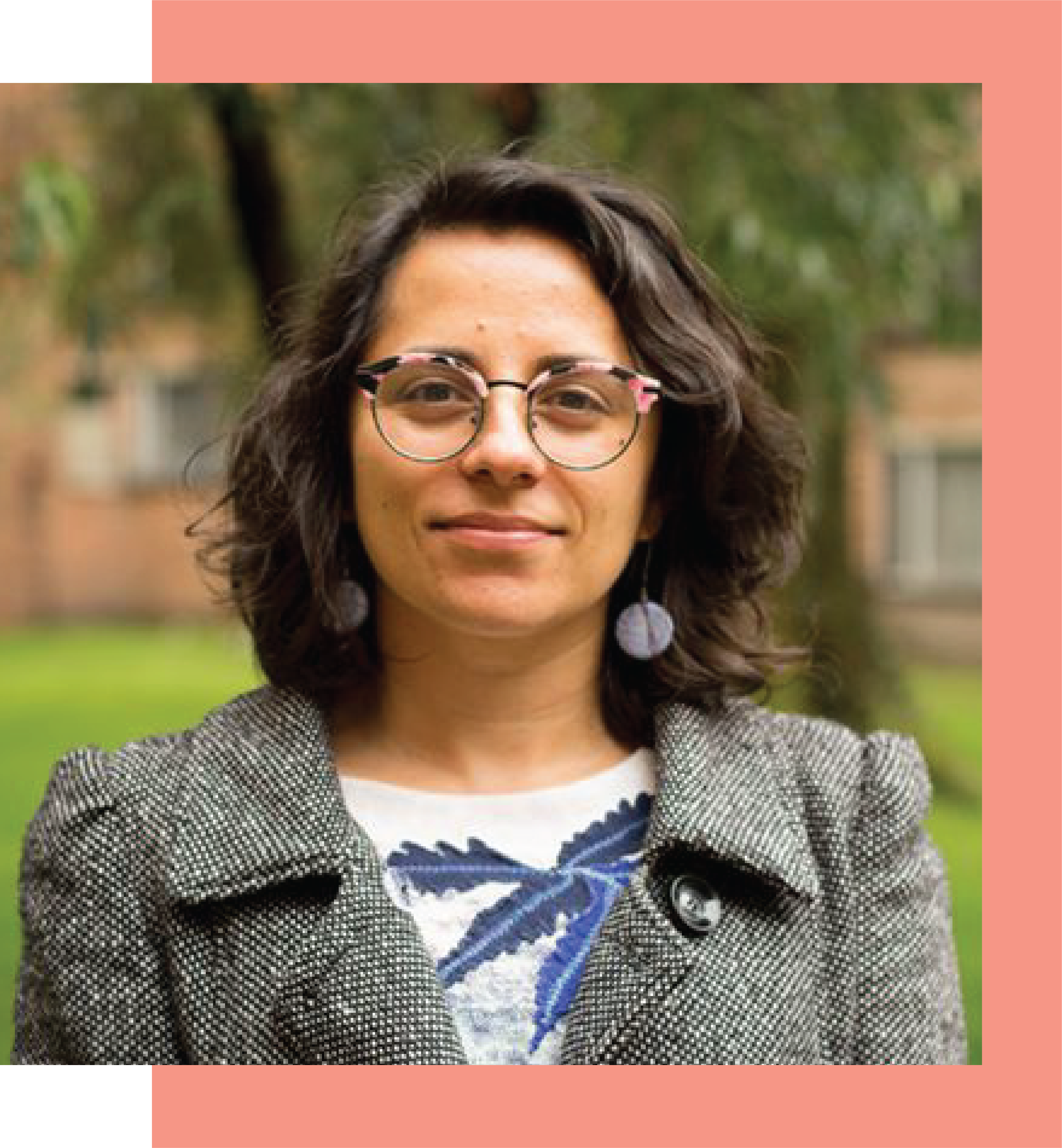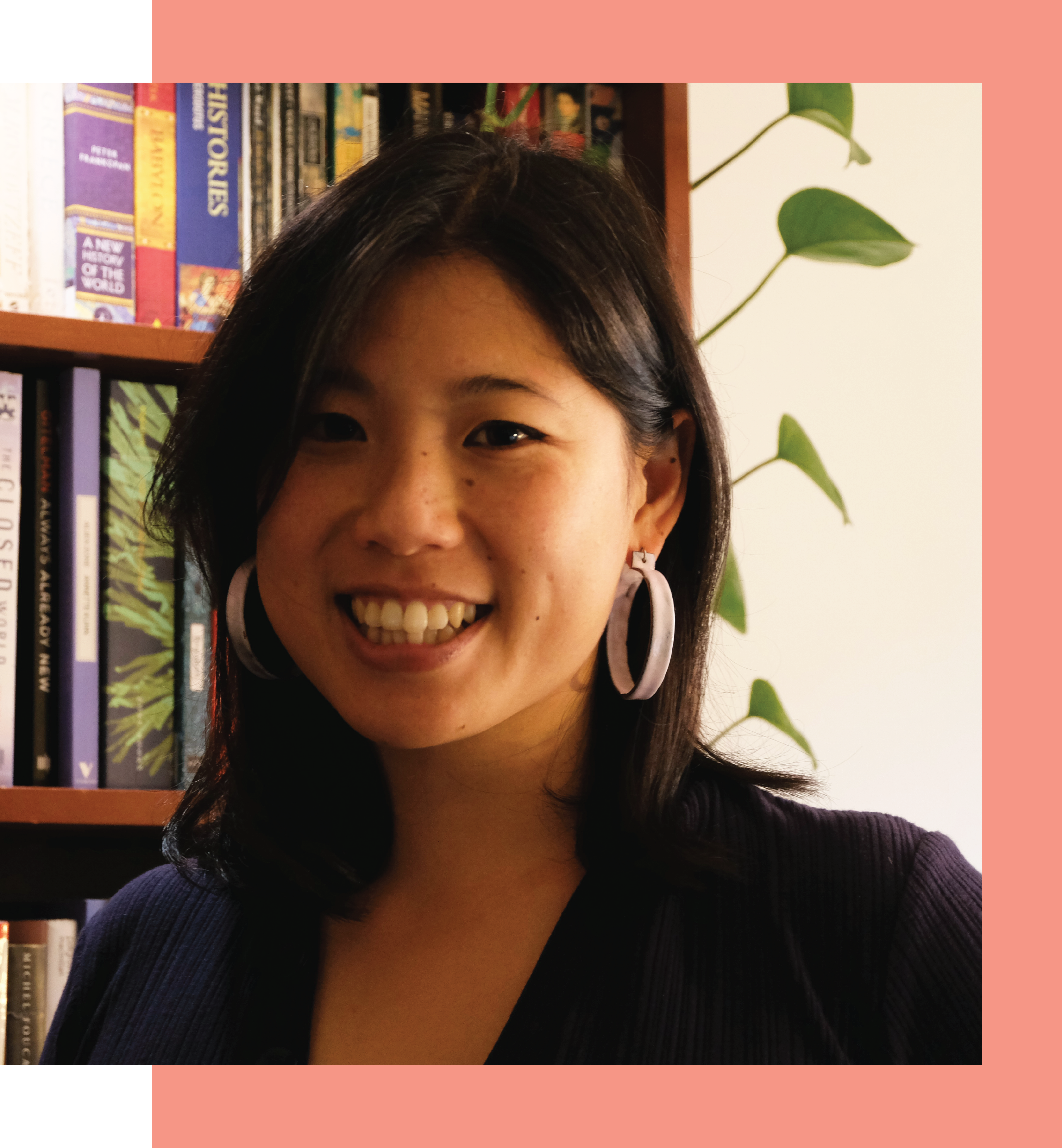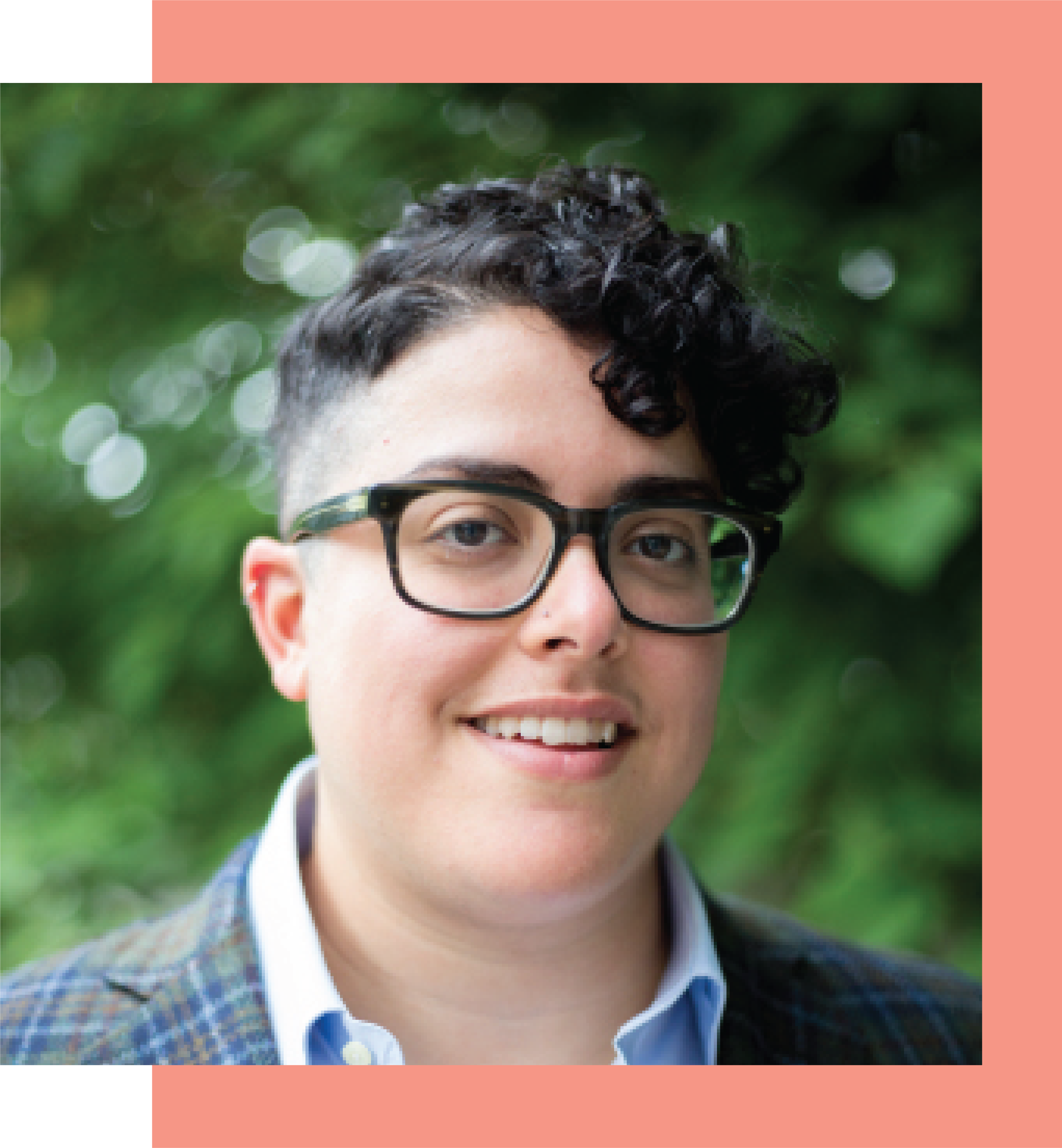Foundations and Futures of Feminist Technosciences
Catalyst: Feminism, Theory, Technoscience, 5-year anniversary
Foundations and Futures of Feminist Technosciences
Catalyst: Feminism, Theory, Technoscience, 5-year anniversary
APR 22 | 3:00 PM — 6:00 PM ET
Catalyst serves as a distinctive forum for both emerging and well-established scholars to publish interdisciplinary work. Catalyst aims to publish critically engaged feminist STS scholarship that reroutes the gendered, queer, raced, colonial, militarized, and political economic beings and doings of technoscience. Catalyst was awarded the Society for Social Studies of Science (4S) Infrastructure Prize in acknowledgement of “the outstanding work done by the Catalyst editorial collective in support of theoretically inventive and methodologically creative feminist scholarship that spans the social sciences, humanities, and arts,” in 2020.
ORGANIZERS
STUDENT COLLABORATORS
Aditya Anupam, PhD Candidate, Digital Media, Georgia Tech
Pooja Casula, PhD Student, Digital Media, Georgia Tech
Shubhangi Gupta, PhD Student, Digital Media, Georgia Tech
FUNDERS AND SPONSORS
Digital Integrative Liberal Arts Center (DILAC), Georgia Tech
➚
Center for Disability Studies, New York University
➚
Ethics, Technology, and Human Interaction Center (ETHICx), Georgia Tech
➚
CART and ASL are provided thanks to the generous support of the NYU Center for Disability Studies
Foundations of Feminist Technosciences
3:00–4:00 PM ET
Ask Banu and Donna
In celebrating five years of Catalyst, we are using this occasion to reflect on the field of feminist technosciences, its foundations and futures. Donna and Banu welcome questions and comments for their panel. They will do their best to incorporate the questions in their discussion.
Please send your questions to banu [at] wost.umass.edu.
Futures of Feminist Technosciences
4:00–5:00 PM ET


Moderated by Dr. Nassim Parvin and Dr. Sonja van Wichelen.
Remote Access: Crip Feminist Dance Party!
5:00–6:00 PM ET
The Remote Access party participation guide is available at this link.
APR 22 | 3:00 PM — 6:00 PM ET
FOUNDATIONS AND FUTURES OF FEMINIST TECHNOSCIENCES REGISTRATION LINK
Remote Access: Crip Feminist Dance Party! - Link Coming Soon
ORGANIZERS
Nassim Parvin, Lead Editor
Literature, Media, and Communication
Georgia Institute of Technology
Mara Mills, Editorial Board Member
Media, Culture, and Communication
New York University
Anne Pollock, Lead Editor
Global Health and Social Medicine
Kings College London
Sonja van Wichelen, Book Editor
Sociology
University of Sydney
STUDENT COLLABORATORS
Aditya Anupam, PhD Candidate, Digital Media, Georgia Tech
Pooja Casula, PhD Student, Digital Media, Georgia Tech
Shubhangi Gupta, PhD Student, Digital Media, Georgia Tech
FUNDING AND SPONSORS
Digital Integrative Liberal Arts Center (DILAC), Georgia Tech
Ethics, Technology, and Human Interaction Center (ETHICx), Georgia Tech
Center for Disability Studies, New York University










